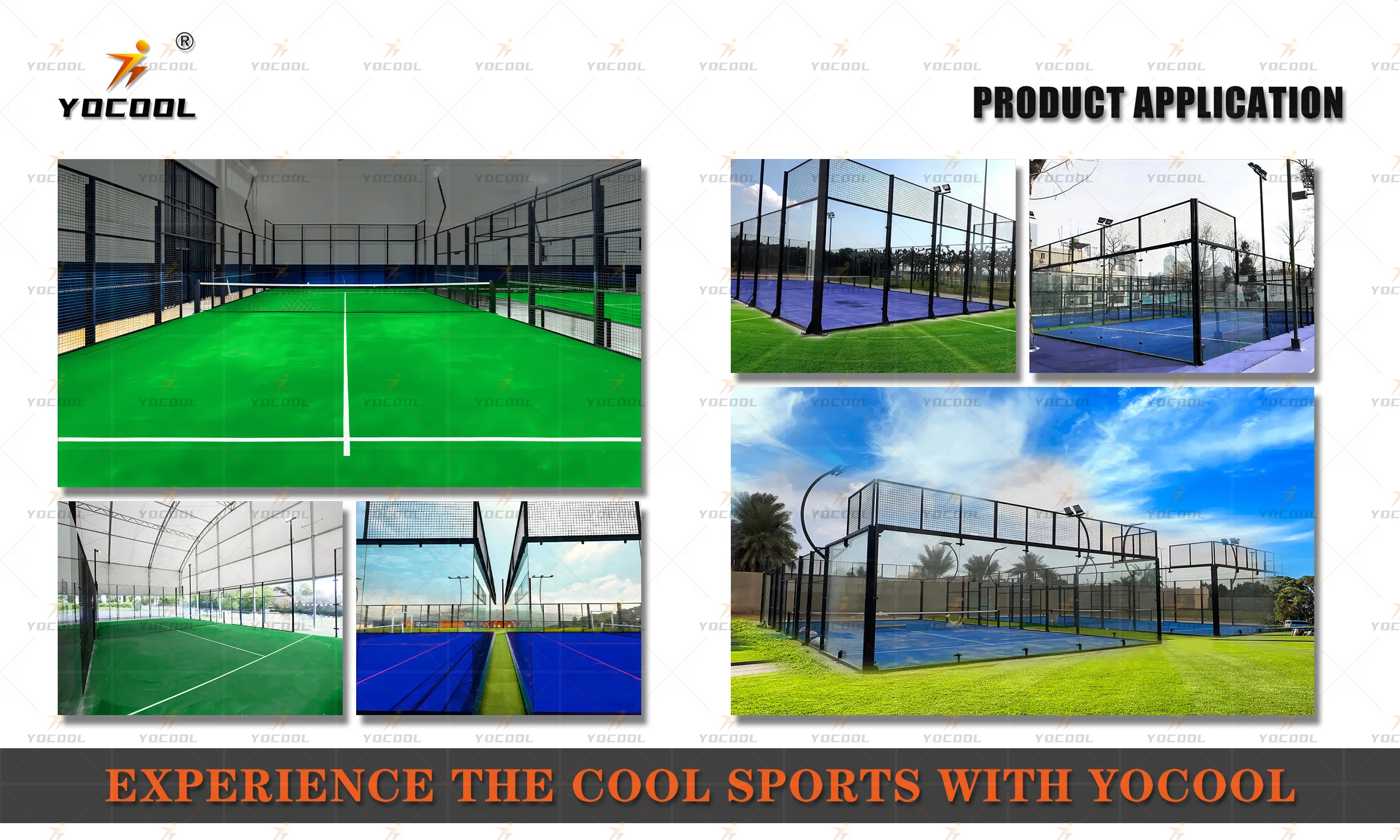

The Importance of Industrial Flooring A Comprehensive Overview
In modern manufacturing and industrial facilities, the flooring system is often overlooked, yet it plays a crucial role in ensuring operational efficiency, safety, and durability. Industrial flooring encompasses a wide range of materials and designs tailored to meet specific needs of factories, warehouses, and other industrial environments. This article delves into the key aspects of industrial flooring, including its types, benefits, installation considerations, and maintenance protocols.
Types of Industrial Flooring
1. Epoxy Flooring One of the most popular choices for industrial environments is epoxy flooring. Consisting of a mixture of resin and hardener, epoxy offers a seamless, durable surface that is resistant to chemicals, impact, and moisture. Its glossy finish not only enhances aesthetics but also improves the visibility of the workspace.
2. Polyurethane Flooring Similar to epoxy, polyurethane flooring features a high degree of flexibility and chemical resistance. It is ideal for areas that undergo temperature fluctuations, as it can withstand thermal expansion and contraction without cracking.
3. Concrete Flooring Concrete remains a timeless choice for industrial settings due to its strength and longevity. With proper sealing and treatment, it can resist stains, chemicals, and heavy loads, making it suitable for warehouses and heavy manufacturing processes.
4. Vinyl Flooring Though often associated with residential use, vinyl flooring has made its way into industrial applications. Its ease of installation, comfort underfoot, and resistance to water and certain chemicals make it a viable option for lighter industrial activities.
5. Rubber Flooring Rubber flooring is favored for environments where noise reduction and slip resistance are priorities. It is ideal for gym facilities, laboratories, and anywhere safety is a concern.
Benefits of Industrial Flooring
Investing in high-quality industrial flooring brings numerous advantages
- Durability Industrial flooring systems are designed to withstand heavy traffic and harsh conditions, reducing the frequency and cost of repairs and replacements.
- Safety Industrial floors can be engineered for slip resistance, minimizing the risk of accidents in busy environments. Additionally, smooth flooring can be installed to facilitate the easy movement of heavy equipment.
- Ease of Maintenance Most industrial flooring options are easy to clean and maintain, which is essential in environments where hygiene and cleanliness are paramount.

- Cost-Effectiveness Although the initial investment might be higher for premium flooring systems, the long-term savings in maintenance, downtime, and replacements can make them more economical over time.
Installation Considerations
The installation of industrial flooring is not a task to be taken lightly. Factors to consider include
- Subfloor Preparation A strong and stable subfloor is essential for the longevity of any industrial flooring. Proper preparation, including crack repair and moisture treatment, can prevent future complications.
- Environmental Conditions Understanding the specific environmental demands of the facility is crucial. This includes considering factors such as temperature, humidity levels, and exposure to moisture or chemicals.
- Usage Requirements Different areas of an industrial facility may have varying requirements regarding foot traffic, machinery usage, and potential hazards. Tailoring the flooring solution to these needs is vital.
Maintenance Protocols
To ensure the longevity of industrial flooring, regular maintenance is necessary
- Routine Cleaning Depending on the type of flooring, use appropriate cleaning methods and solutions to prevent dirt and grime buildup.
- Periodic Inspections Regularly check for signs of wear or damage, and address small issues before they escalate into larger problems.
- Repairs and Refurbishments Be prepared to undertake minor repairs or refinishing to maintain the integrity and appearance of the flooring.
In conclusion, industrial flooring is a fundamental component of any manufacturing or industrial facility. Choosing the right type of flooring, understanding its benefits, adhering to proper installation practices, and committing to regular maintenance can significantly enhance the functionality and safety of an industrial environment. By making informed decisions regarding industrial flooring, businesses can ensure a productive, safe, and aesthetically pleasing workspace.
Homogeneous Transparent Floor Durable & Stylish Rubber Floor Solutions
Premium Rubber Composite Floor for Ultimate Durability & Safety Rubber Floor Mat Solutions
High-Quality Industrial Flooring Solutions for Factories Expert Installation & Cost Saving
Premium Rubber Brick Flooring Durable & Slip-Resistant
Durable & Non-Slip Rubber Flooring for Gym, Garage, Home
Durable Industrial Flooring Solutions China Padel Install